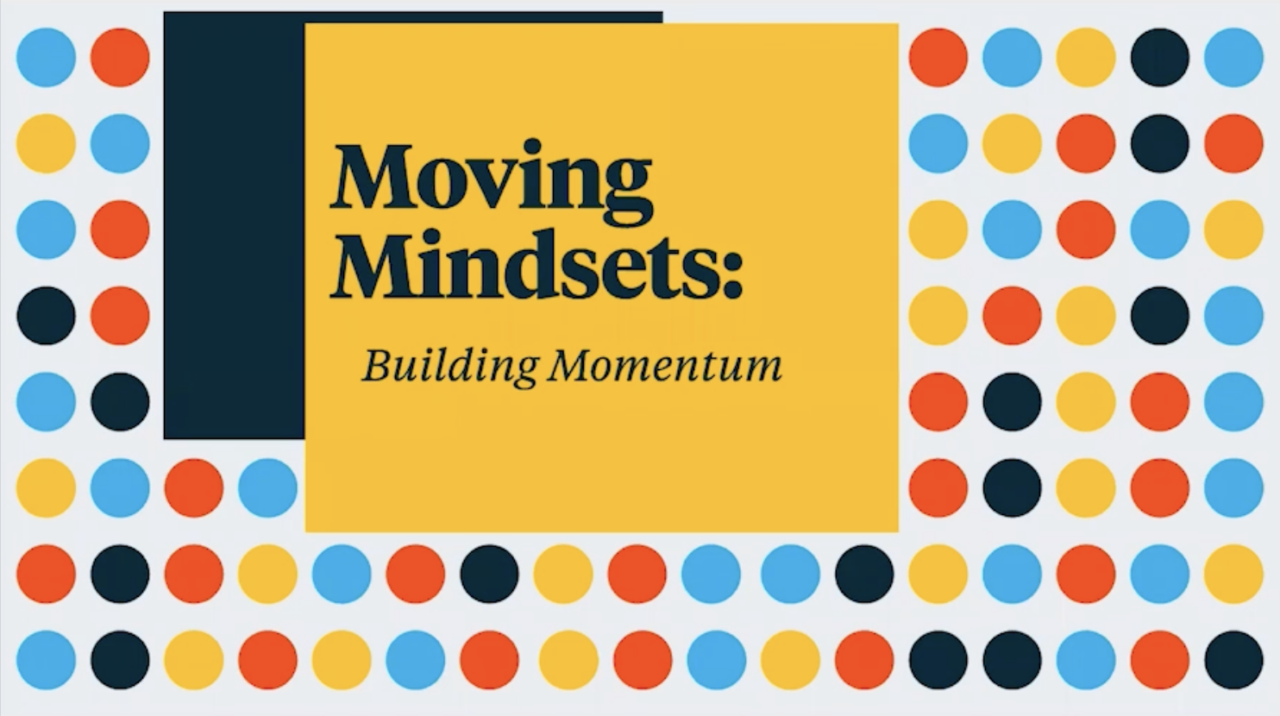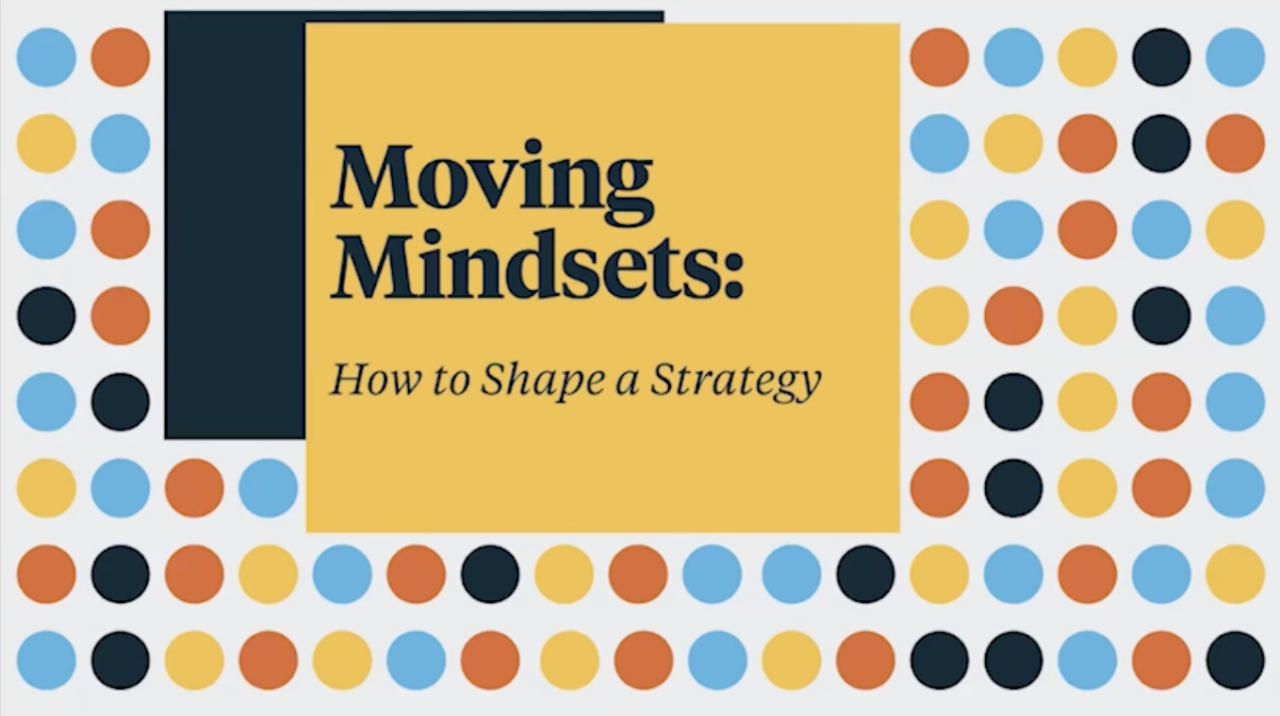
Moving Mindsets: A Playbook for Building Momentum
DOWNLOADShifting mindsets for social change is a long game, but short-term policy change must be a part of that calculus, as it can make or break the long-term potential of any culture change effort. Here’s how we can think about the short and long term in advocacy playbooks.

